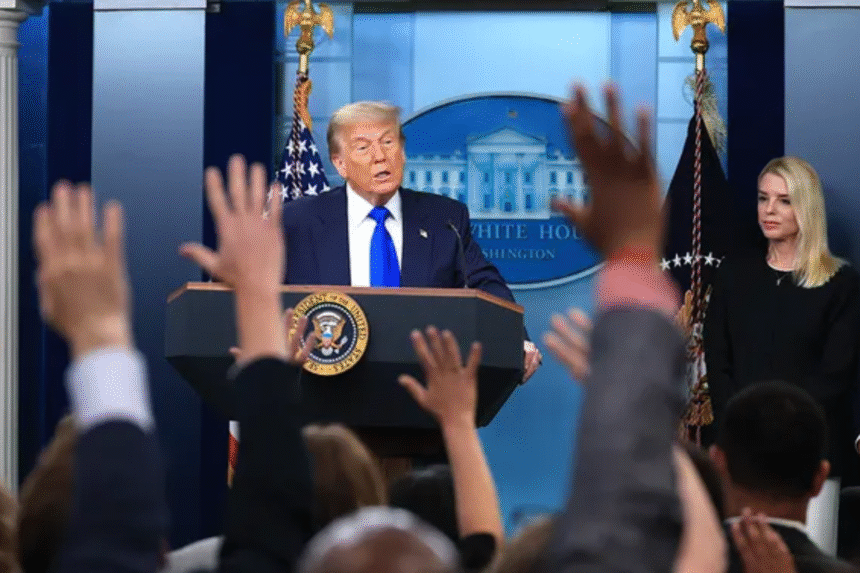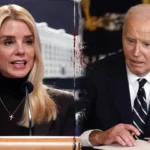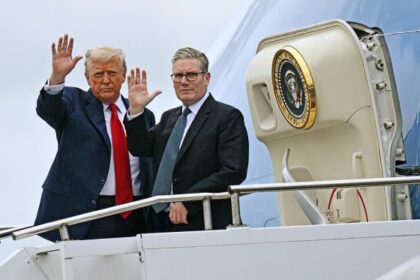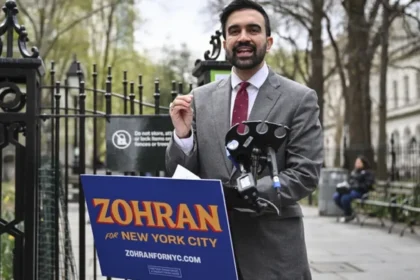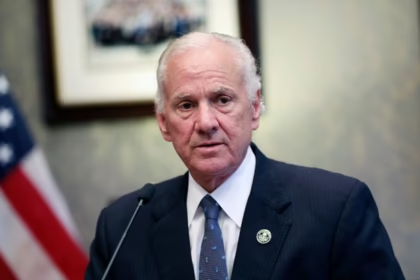The Trump administration has formally asked the U.S. Supreme Court to issue an expedited ruling on whether former President Donald Trump had the legal authority to impose sweeping tariffs under a decades-old emergency law. The request comes after a federal appeals court ruled that most of Trump’s tariffs violated federal law, though they remain in place pending final resolution of the case.
At the heart of the dispute is the 1977 International Emergency Economic Powers Act (IEEPA), a law intended to give presidents broad authority to act during national emergencies. The Trump administration relied heavily on this law to justify imposing billions of dollars in tariffs, particularly on steel, aluminum, autos, and Chinese goods.
In a 7-4 decision, a federal appeals court found that the use of IEEPA in this context exceeded the president’s legal authority. The court allowed the tariffs to remain for now but said they were likely unlawful prompting the administration’s urgent appeal to the Supreme Court.
In its filing, Trump’s legal team warned that undoing the tariffs would have severe economic and diplomatic consequences.
“That decision casts a pall of uncertainty upon ongoing foreign negotiations that the President has been pursuing through tariffs over the past five months, jeopardizing both already negotiated framework deals and ongoing negotiations,” the appeal stated. “The stakes in this case could not be higher.”
According to administration officials, the tariffs have generated $159 billion since late August, more than doubling the amount collected the previous year. The administration argues that reversing them could destabilize markets and force the U.S. Treasury to refund billions already collected.
Legal experts say that outcome is possible if the Supreme Court ultimately sides with the lower court’s ruling.
Meanwhile, states and small business owners have challenged the tariffs in court, arguing they have caused widespread economic damage.
“These unlawful tariffs are inflicting serious harm on small businesses and jeopardizing their survival,” said Jeffrey Schwab, an attorney with the Liberty Justice Center, which represents several business plaintiffs.
Although the Constitution grants Congress the authority to impose tariffs, over the years, lawmakers have delegated significant trade powers to the executive branch. Trump used that discretion more aggressively than his predecessors, positioning tariffs as a core part of his economic and foreign policy strategy.
Some of those tariffs, particularly on China and steel, remain in place under President Joe Biden, although the current administration is not defending the specific legal argument Trump used to enact them.
The case could have wide-reaching implications. If the Supreme Court agrees to take it up, it could result in a landmark decision that clarifies—or limits—the president’s ability to use emergency powers in economic matters. Such a ruling would not only affect Trump’s legacy but also shape the tools available to future presidents in trade and foreign policy.
The Supreme Court is expected to decide soon whether it will take the case, potentially setting the stage for a major test of presidential power.


